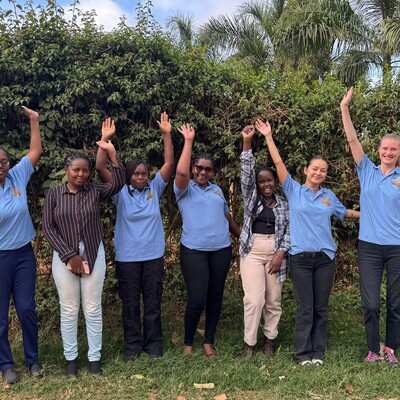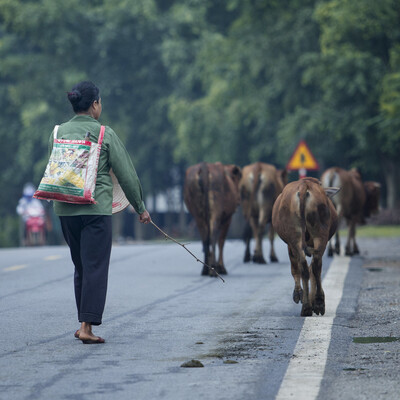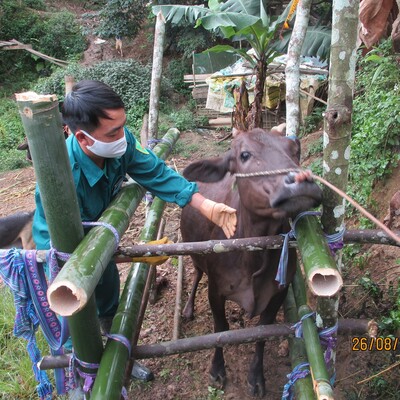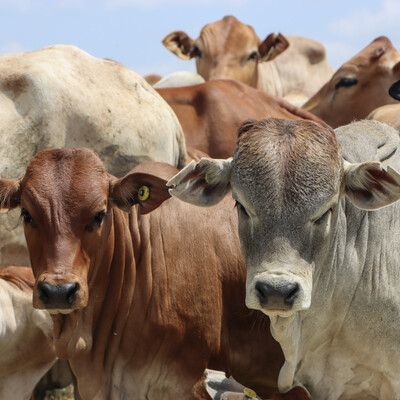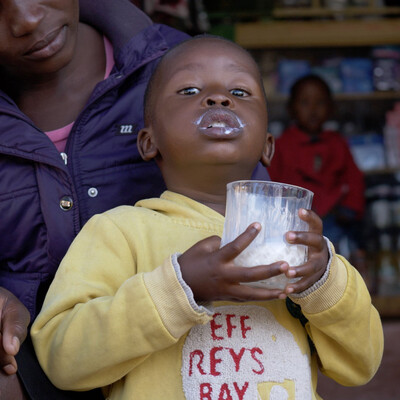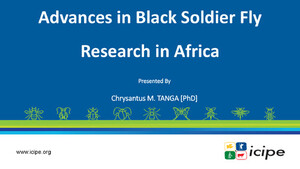

ILRI teams up with partners for Animal Health Systems Project in Africa
The International Livestock Research Institute (ILRI) has teamed up with the University of Missouri, African Union Inter-African Bureau for Animal Resources (AU IBAR), University of Missouri Assistance Program (UMAP-Ghana), and the Economic Community of West African States (ECOWAS) to execute the 'Animal Health Systems Facilitating Trade within the African Union' project. This initiative aims to bolster capacity for the Animal Health Strategy for Africa (AHSA) 2019–2035.
ILRI's role in the project involves three primary objectives:
- Conducting regional assessments of diagnostic capacities for priority animal diseases to identify gaps and propose capacity improvements.
- Performing a situational analysis of animal health regulatory frameworks to pinpoint gaps and suggest risk-based regulatory measures aligned with WOAH standards.
- Supporting regional consultation workshops to validate analysis results and adopt action plan roadmaps.
The evaluation of veterinary laboratories in the region, critical for transboundary animal disease (TADs) surveillance and response, utilized the FAO-developed Laboratory Mapping Tool (LMT-Core). This assessment covered key areas such as general laboratory profile, infrastructure, equipment and supplies, laboratory performance, quality assurance, biosafety/biosecurity, and laboratory collaboration/network. The labs assessed included Central Veterinary Laboratory, Pong-Tamale (Ghana), Laboratoire Central Vétérinaire, Bamako (Mali), National Veterinary Research Institute, Vom (Nigeria), Laboratoire National de l’Elevage et de Recherches Vétérinaires, Dakar (Senegal), and Laboratoire National d’Elevage, Ouagadougou (Burkina Faso).
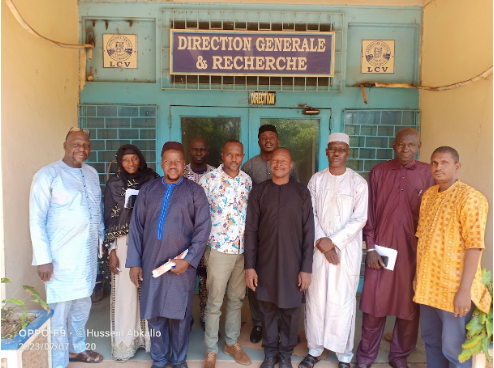
Members of the Laboratoire Central Vétérinaire, in Bamako, Mali pose for a photo after evaluation of their lab. Photo credit: ILRI)
Additionally, ILRI is conducting an assessment of veterinary regulatory frameworks in Mali, Burkina Faso, Senegal, Ghana, and Cote d’Ivoire to identify gaps and inconsistencies that may affect sanitary and phytosanitary (SPS) measures for controlling trade-sensitive diseases in the region. A designated consultant is leading the situation analysis, developing methods and tools for the evaluation.
The overarching goal of this project is to enhance animal health systems in SPS governance and management at continental, regional, and bilateral levels in Africa.
This work is funded by the United States Department of Agriculture (USDA) with additional funding the ILRI led One Health Research, Education and Outreach Centre in Africa (OHRECA) funded by the German Federal Ministry for Economic Cooperation and Development (BMZ).
You may also like
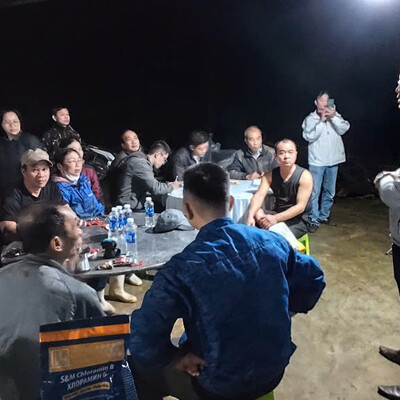
ILRI News
From field intervention to policy: food safety innovations becoming routine practices at pig slaughterhouses in Hue City, Vietnam
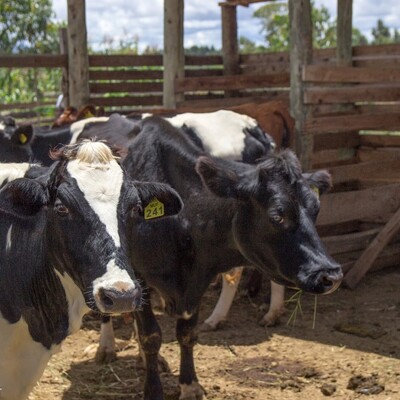
Opinion and analysis
Sustainable manure management in Uganda requires an enabling policy and legal framework: a call to action!
Related Publications

Sero-epidemiology of Coxiella burnetii in livestock and humans in Isiolo county Kenya
- Mutisya, W.M.
- Akoko, James M.
- Mwatondo, Athman
- Muturi, Mathew
- Nthiwa, D.
- Abkallo, Hussein
- Nyamota, Richard
- Wachira, T.
- Gathura, P.
- Bett, Bernard K.
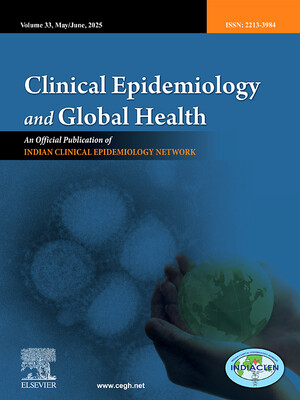
One Health perspective on rabies: Incidence and risk factors in humans and livestock in northwest Ethiopia
- Azalu, W.W.
- Mekonnen, S.A.
- Jemberu, Wudu T.

Species diversity and risk factors of gastrointestinal nematodes in smallholder dairy calves in Kenya
- Cheptoo, Sylvia
- Yalcindag, E.
- Gordon, L.G.
- Rukwaro, Benson
- Kimatu, Joseph S.
- Wasonga, Joseph
- Karani, Benedict E.
- Ndambuki, Gideon
- Migeni, Susan
- Kagai, Jesse
- Kiprotich, Linus E.
- Saya, Nelson
- Vasoya, D.
- Nangekhe, Gertrude
- Onguso, J.
- Mungai, G.
- Bronsvoort, B.M.
- Cook, Elizabeth A.J.
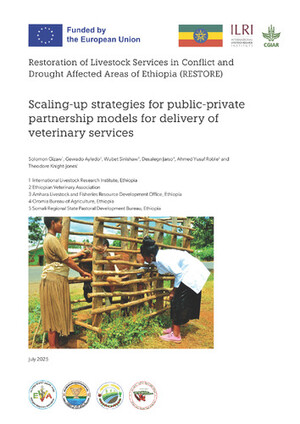
Restoration of Livestock Services in Drought and Conflict Affected Areas of Ethiopia (RESTORE): Scaling-up strategies for public-private partnership models for delivery of veterinary services
- Gizaw, Solomon
- Ayledo, G.
- Sinishaw, W.
- Jarso, D.
- Roble, A.Y.
- Knight-Jones, Theodore J.D.





